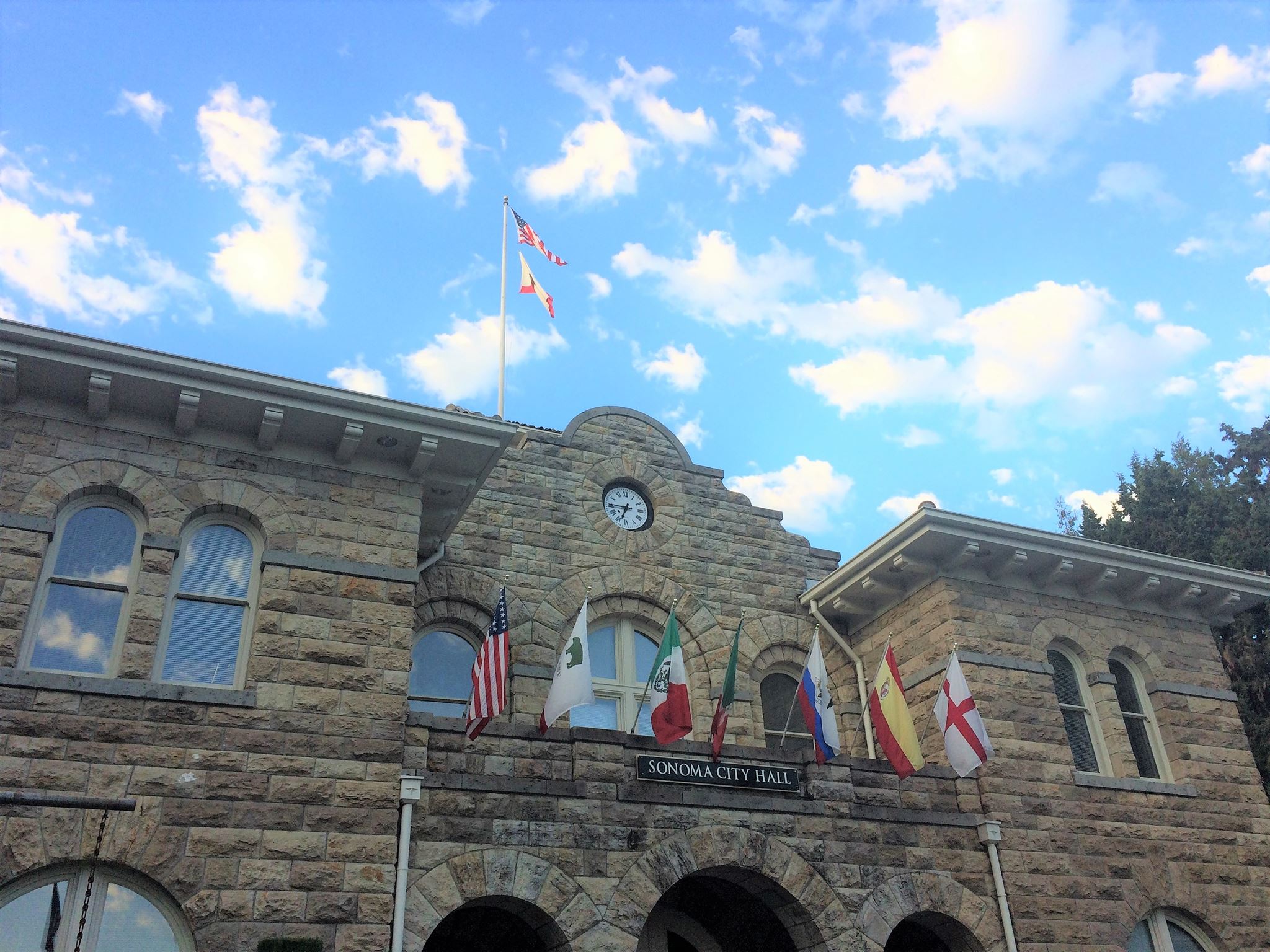 On Nov. 6, 2020, an Indictment by a Sonoma County Criminal Grand Jury was unsealed charging former Sheriff’s Deputy Charlie Blount with two felony charges for his role in the death of David Glen Ward, which occurred on November 27, 2019. The charges include Involuntary Manslaughter and Assault Under Color of Authority. Both charges include an allegation of personal infliction of great bodily harm. After self-surrendering on an arrest warrant, Mr. Blount will be arraigned on November 12, 2020.
On Nov. 6, 2020, an Indictment by a Sonoma County Criminal Grand Jury was unsealed charging former Sheriff’s Deputy Charlie Blount with two felony charges for his role in the death of David Glen Ward, which occurred on November 27, 2019. The charges include Involuntary Manslaughter and Assault Under Color of Authority. Both charges include an allegation of personal infliction of great bodily harm. After self-surrendering on an arrest warrant, Mr. Blount will be arraigned on November 12, 2020.
The Grand Jury was convened on October 19, 2020 to hear evidence regarding the incident. In California a Criminal Grand Jury consists of 19 members and a designated number of alternates and is selected at random by the supervising judge from all potential Sonoma County jurors. The goal is to ensure a reasonable representative cross-section of the entire county is eligible for this jury service. The Criminal Grand Jury hears evidence, including evidence pointing to innocence, brought by the District Attorney’s Office to determine whether a crime has been committed and whether a particular person should be required to stand trial in the Superior Court. More specifically, the Criminal Grand Jury must decide if there is a “strong suspicion” the individual committed the crime alleged, unlike a criminal jury trial where a jury must unanimously find the defendant guilty beyond a reasonable doubt. After two days of deliberation, the Grand Jury returned an Indictment on October 30, 2020. Presiding Judge Bradford DeMeo signed the felony indictment and issued a warrant for $50,000 for Blount’s arrest. Blount was booked at the Sonoma County Jail and posted the bail on November 2nd, 2020.
District Attorney Jill Ravitch noted, “Although we typically present evidence to a judge at a preliminary hearing to assess the sufficiency of evidence for trial, criminal grand juries are not unprecedented in Sonoma County. In fact, they are frequently convened across the state, and in light of the obstacles presented with Covid-19, and the public safety issues in this case, we felt it made sense to submit this evidence to the grand jury for their consideration. The grand jury process is designed to present the relevant known evidence, including exculpatory evidence, to the finders of fact. As such, we feel this was a thorough process designed to ascertain the truth of these allegations.”
Although defendants and defense counsel are not present during grand jury proceedings, prosecutors are obligated under the law to make available to jurors all known evidence that points to the innocence of the accused. “We hold…that when a district attorney seeking an indictment is aware of evidence reasonably tending to negate guilt, [she] is obligated under [Penal Code] section 939.7 to inform the grand jury of its nature and existence, so that the grand jury may exercise its power under the statute to order the evidence produced.” <u>Johnson v. Superior Court,</u> 15 Cal. 3d 249.
Pursuant to state law, a copy of the transcript of the proceedings must be provided to the District Attorney and Defendant within 20 days of the indictment, and to the general public, upon request, after 10 additional days. However, the court reserves the right to seal the transcript in full or in part at the request of the parties.
Deputy District Attorneys Robert Waner and Robert Rasp are handling the prosecution on behalf of the Sonoma County District Attorney’s Office.
Please note that criminal charges are allegations against individuals and, as with all defendants, the defendant must be presumed innocent unless and until proven guilty.





